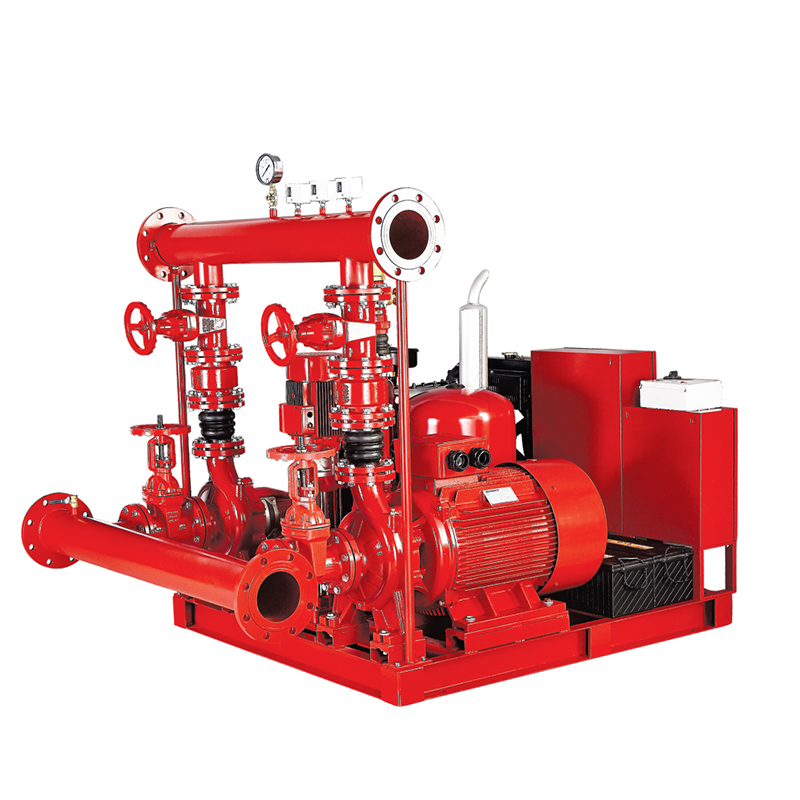When it comes to agriculture, choosing the right type of pump is key to ensuring efficient processes and optimal crop yield. There are various pumps available, each with different designs, features, and benefits.
One of the most commonly used pumps in agriculture is the centrifugal pump. It is a simple, efficient pump that operates using the centrifugal force created by a rotating impeller. This type of pump is durable and low-maintenance, requiring minimal upkeep and repairs.
Diesel engine mixed flow pump, also called low lift pump, is a type of centrifugal pump
Features:simple structure,reliable use,easy assembly and disassembly,small size,light weight,large flow rate and high efficiency.
One of the significant advantages of using a diesel mixed flow pump is their ability to operate in remote locations with limited access to electricity.
Diesel mixed flow pumps are well-suited for a range of applications, including irrigation, water transfer, flood control, and tank filling.With their exceptional performance and reliability, diesel mixed flow pumps are the perfect solution for any application where high flow rates are required.
Submersible pumps are also frequently used in agriculture. These pumps are designed to be placed underwater and are often used for irrigation, drainage, and water supply applications. Submersible pumps are efficient and reliable, able to operate in harsh and challenging conditions.
Ultimately, the type of pump used in agriculture will depend on the specific needs of the operation. Factors such as the crop being cultivated, the size of the farm or field, and the amount of water required will all impact the choice of pump.
Regardless of the type of pump used, it is important to ensure that it is well-maintained and regularly serviced. This will help to prevent breakdowns and ensure that the pump operates at maximum efficiency, ultimately leading to greater productivity and crop yields.
 English
English عربى
عربى
 Fire Pump and System
Fire Pump and System Split Case Pump
Split Case Pump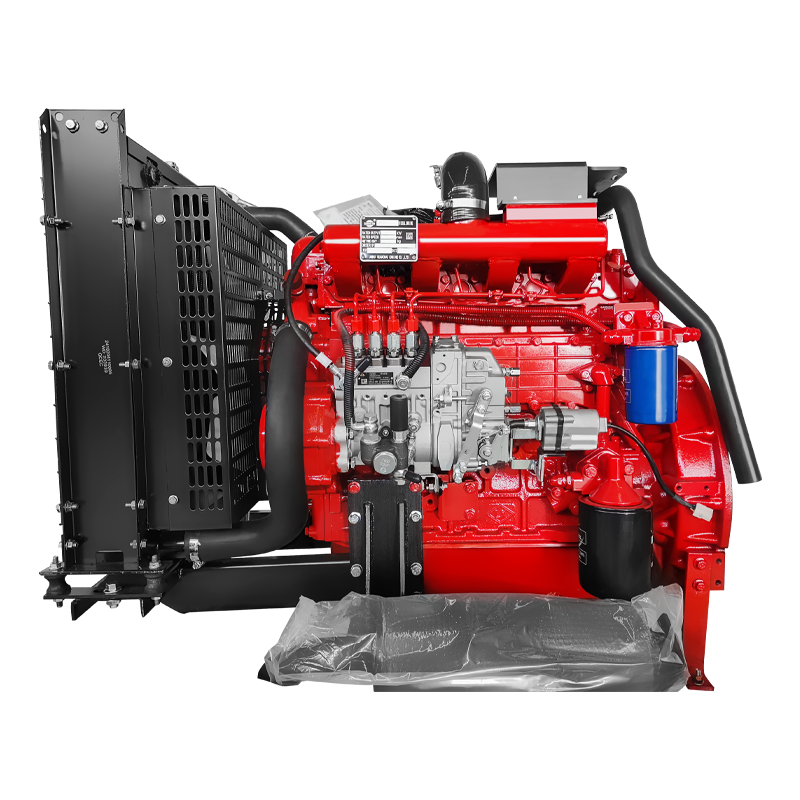 Engine and Pump
Engine and Pump Long Shaft Pump
Long Shaft Pump Multistage pump
Multistage pump Water Supplier System
Water Supplier System Sewage Pump
Sewage Pump Industrial Pump
Industrial Pump Self-Priming Pump
Self-Priming Pump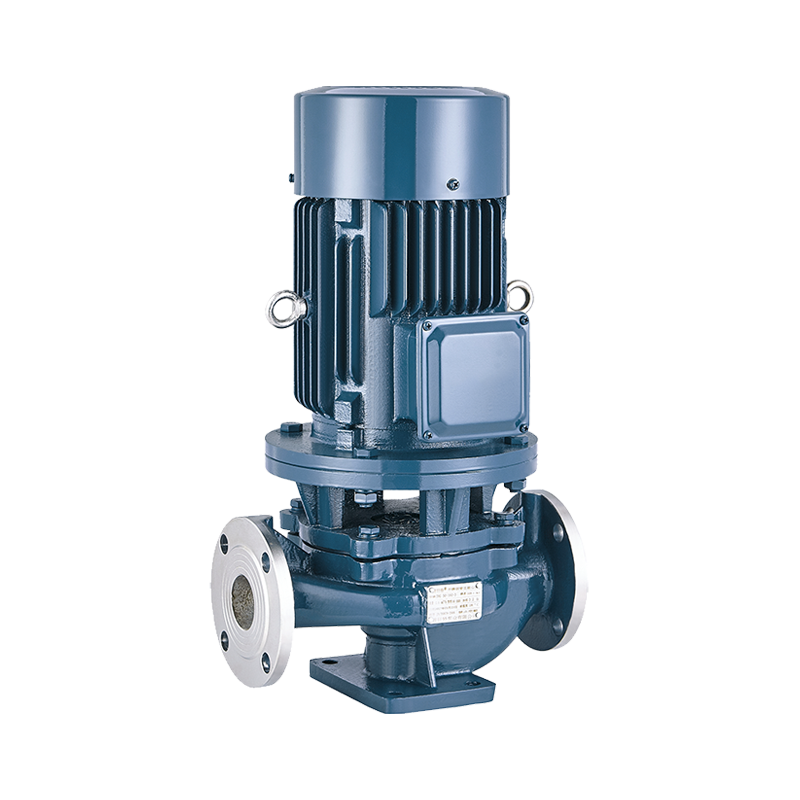 Inline Pump
Inline Pump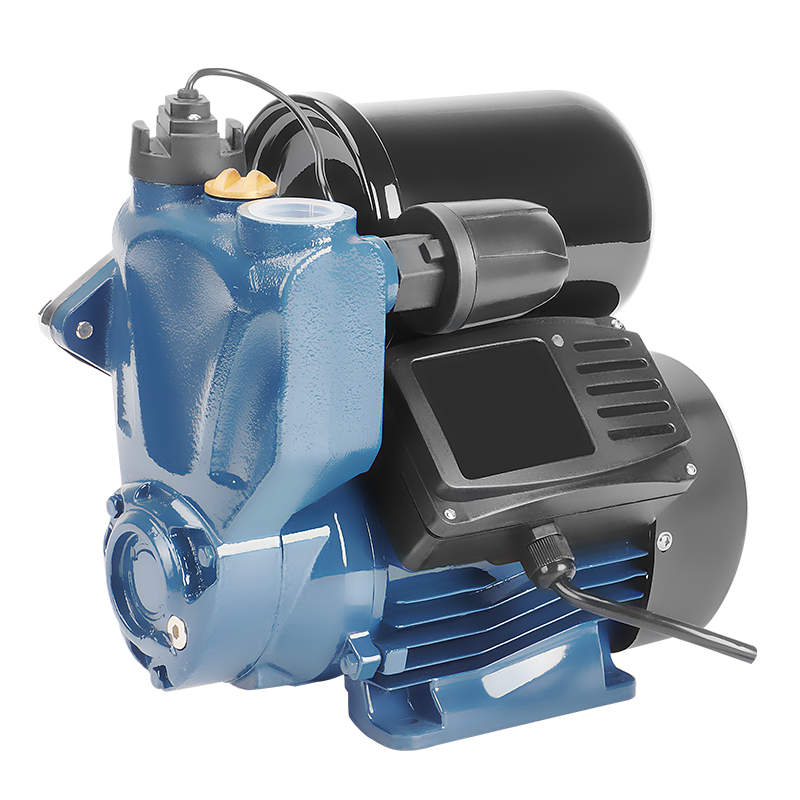 Domestic Pump
Domestic Pump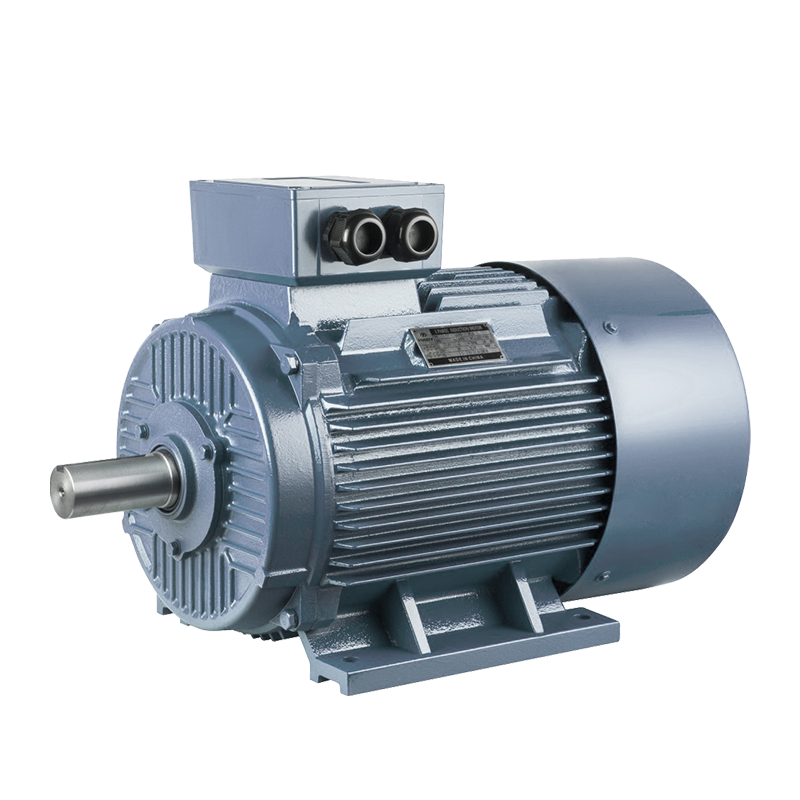 Electric Motor
Electric Motor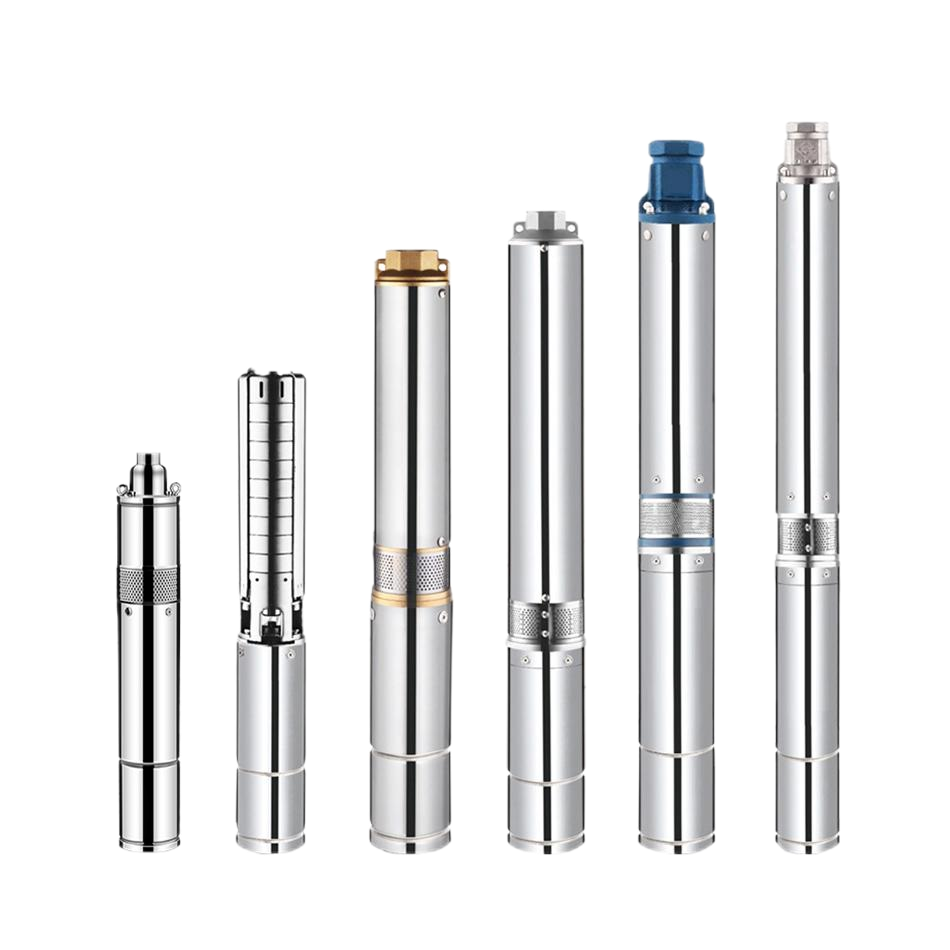 Borehole Pump
Borehole Pump